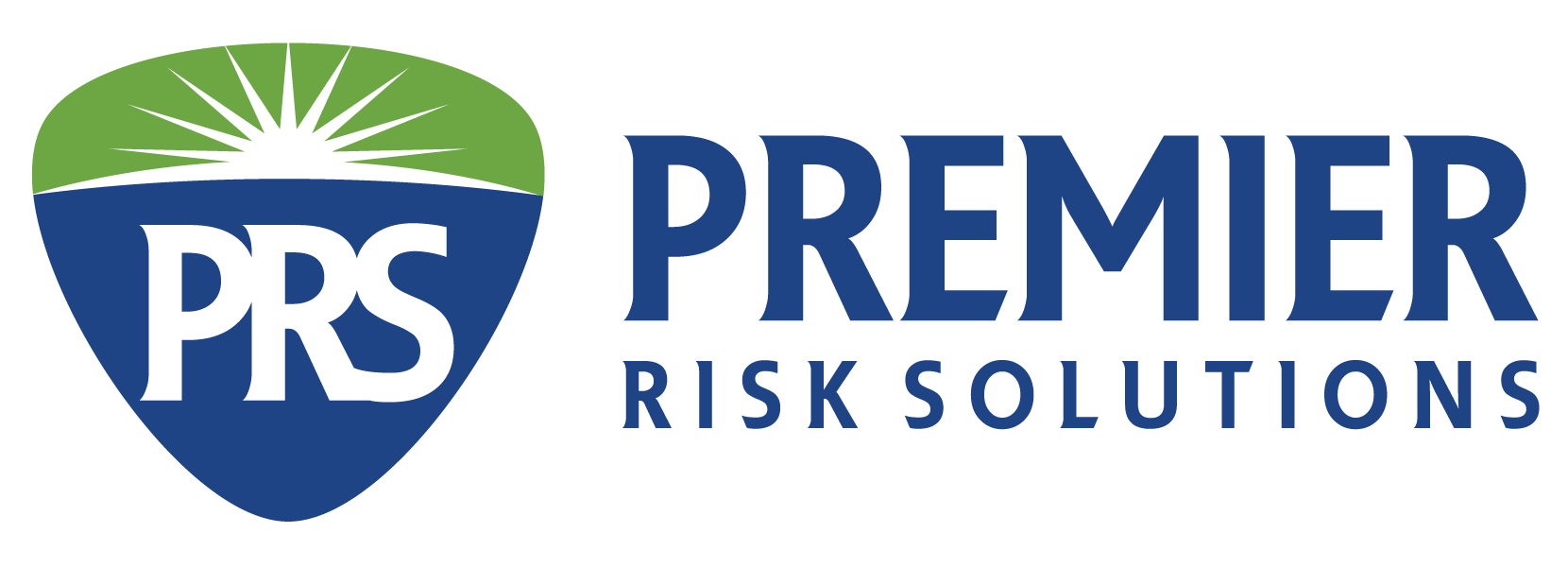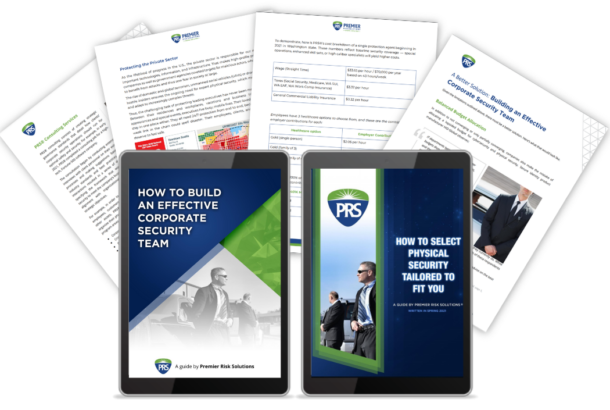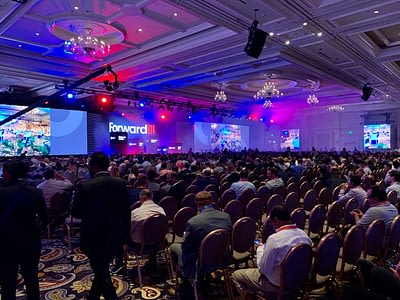
Why is Event Safety Important?
As the United States continues to plan for its reopening post the COVID-19 pandemic crisis of early 2020, event safety has become a top priority for gatherings of all scales and sizes, from large conferences to small get-togethers. Data sourced from the Events Industry Council in their 2016 US economic significance study indicated there were 5.9m jobs with $249b of labor income generated from them, $104b of taxes at all levels, and $446b towards US gross domestic product. Since the 2020 study is not yet available, 2016 was the most recent to review these statistics. Event safety is a need as we continue to open more of these places of gathering.
However, it has been noted in the infographic presented within this article that there has been an historical upward trend with each study conducted since 2009 in direct spending within the events industry in the U.S. The Las Vegas Convention and Visitors Authority also sponsored and published their own economic study which further documents this statement with information dating from 2018 (study conducted in 2019).
With the significance of the events industry playing their role in the US economy (federal, state and municipal), it is certainly in the best interests of all for the events industry to reopen at soon as it is safe to do so, which is why consulting in security is of the upmost importance for event safety. This article is written in a way to attempt to speak to gatherings of all sizes as far as recommended practices for workers and companies alike to consider undertaking for their own sponsored event or event to be worked.
One unanticipated side effect of the pandemic and shelter-in-place orders has been a significant decrease in crime, highlighting the broader impact of event safety measures. Law enforcement leaders throughout the country report crime rates well below the norm. Thankfully, active-shooter events have significantly declined during the pandemic as well, underscoring the importance of proactive event safety planning. While unconfirmed statistics show over 120 “mass shootings” (defined as a shooting resulting in multiple victims) in 2020 to date, as few as one event can be termed an “active shooter” incident (e.g., Milwaukee).
While further analysis is needed, it is reasonable to conclude that this downward trend is linked to the temporary elimination of mass-gathering events and locations—such as shopping centers, conferences, and concerts—where event safety risks are typically higher. These observations reinforce the need for strong event safety protocols as such gatherings begin to resume.
Government leaders have recently begun to ease shelter-in-place orders. Shopping centers, other locations, and events that host large crowds will eventually follow suit. As these spaces reopen, event safety becomes an even greater priority due to several additional dynamics that should cause concern for overall safety. The first is the economy: the national unemployment rate has skyrocketed amid uncertain economic times for the foreseeable future. Employment loss, the associated economic pressures, and feelings of hopelessness can cause some individuals to resort to violence, posing risks to event safety at public gatherings. Secondly, society in general has been under prolonged stress, which adds another layer of frustration that can impact the safety and security of events. Lastly, the mass wearing of masks in public is now normalized and will continue to be until the pandemic subsides. Until recently, the wearing of masks in public—unless there was an obvious medical condition, a Halloween celebration, or a religious purpose—communicated a vastly different message than it does today.
Before the pandemic, an individual entering a convenience store or mall on a Friday night while wearing a mask might have been viewed as suspicious activity, potentially triggering a call to police, which poses unique challenges for maintaining event safety in current times. Today, however, the widespread use of masks is an essential part of event safety protocols, helping to protect attendees and the public alike. This shift reflects increased awareness around health and security risks at gatherings and public venues, reinforcing mask-wearing as a vital measure for ensuring event safety. As communities continue to adapt, mask usage remains a key component in comprehensive event safety planning to reduce risks and promote a secure environment.
While uncertain times remain ahead, there are a few commonsense predictions that can be made regarding event safety: There will likely be an escalation in crime post-pandemic, including active-threat events that impact both public and private gatherings. Masks—and in most cases, justifiably so—will continue to be worn by large groups of people attending events, becoming a standard part of event safety protocols. Societal stress, mass layoffs, frustration, and a feeling of hopelessness may lead some individuals to commit acts of violence, making vigilant event safety measures more critical than ever.
Active-shooter situations evolve quickly, making event safety critical. Masks can hinder identification, increasing risks to event safety. Many threats happen at work, where masks may allow offenders to evade detection. Prioritizing event safety through vigilance and strong protocols is essential. In today’s environment, event safety must be the top focus to protect everyone.
There is no guarantee that can be made for an illness-free and safe event but taking precautions and having security mitigation strategies in places such as the examples provided below help towards maximizing attendee and staff safety.
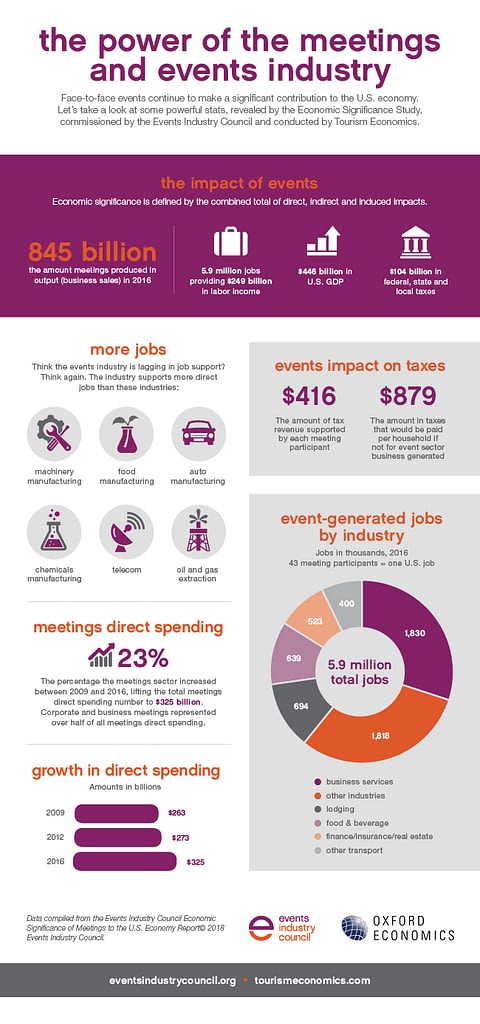
Top 11 Event Safety Practices to Undertake (in no specific order)
- Only reopen when it is legally and reasonably safe to do so. Distinct and careful decision making is necessary with a team of professionals consisting of Human Resources, Legal, Operations, Finance and Medical (likely via a contracted resource/partner). What works for one entity may not work for another. While it’s okay to benchmark against what other like-entities are doing, be very cautious of this as what is good for “John” may not fit and be good for “Suzy”. Every entity is unique in their own way so the approach and decision needs to reflect this as well.
- Attendee Education. New signage, social media messaging, ticket purchasing regulations update, website information, mobile app information, push notifications, etc. Whatever means an entity utilizes to market their messages and attract attendees to the event must show consistent information amongst the channels and in a manner which timely. Have a statement included on your attendee policy that allows for revocation and reimbursement of attendee fee (in partial or full) for not adhering to the new policies in place.
- Contact Tracing. The event sponsors will need to ensure a method of contact tracing is in place. For when an illness occurs it will be essential to health officials to know this information in a timely fashion. If the event sponsor cannot produce it, anticipate some action to be taken against them for failure to negligence (likely civil action) by the local authorities.
- Worker Hygiene. Identify a worker who will act as the coordinator of any and all infection control mitigation incidents or occurrence. This worker should be well versed in public health guidelines, safety measures, new health plans, hazards, and be working closely with the event production/management team as well as the venue staff on all health concerns. Ensure proper physical distancing, hand washing, cough & sneeze etiquette are in place. Provide access to gloves, face coverings and where appropriate personal protective equipment (PPE). Enact Temperature Screening (more info below on this).
- Practices for Workers when they are Sick. If a worker becomes sick during the course of the day or their shift, separate that person as soon as possible from others. Anticipate a budget for medical purposes be in-place for the event for not only proper staffing of the event but also potential transportation of sick parties, ancillary equipment, etc. Have a policy in place that workers cannot return to work until either they isolated for 14 days since their first symptoms manifested themselves or documented medical authorization to do so.
- Sanitize the Venue. Ensure enhanced cleanings are taking place of public areas (lobbies, halls, dining areas for example) and restrooms. The disinfecting technique employed for the high-touch areas must be frequent and thorough. Place automatic (no touch) hand-sanitizer stations in multiple locations throughout the event space.
- Space Requirements. The event as you knew it pre-COVID19 very likely may require additional space allocation needs post-COVID19 to meet physical distancing requirements. Where a 6 foot distance for physical distancing is needed, up to 36 square feet per small group will be needed. For areas where there has been a queue in the past, room for people to maneuver around the now more expansive setting will be needed also. Placing markings of some variety to indicate visually to people approaching the area of where to stand in the queue will aid in the process.
- Temperature Screenings. Enacting a method of quick but effective & efficient temperature sensing along with trained personnel will greatly help identify potential illness. In tandem with a published policy on what an attendee and/or worker can expect once they have been identified for potential illness will allow this proactive measure to perhaps curb a worse issue that may have developed had this measure not been enacted.
- Temperature Screenings. Enacting a method of quick but effective & efficient temperature sensing along with trained personnel will greatly help identify potential illness. In tandem with a published policy on what an attendee and/or worker can expect once they have been identified for potential illness will allow this proactive measure to perhaps curb a worse issue that may have developed had this measure not been enacted.
- Bag checks. Not every event may require or need this as a service or item of inclusion, however, for the larger gatherings that will having a known, published policy of only small clear bags being allowed inside the venue will allow for maximum efficiency and safety at security check points of prohibited items.
- Legal Issues. Any variety of legal issues may arise on a pre-COVID19 event let alone post COVID19 reopening during a pandemic. Be sure to include legal in all policy and new practice decisions being made. Consul will understand your unique situation best as they will (or should) be most intimate with your particular situation. The Duty of Care for workers and attendees and steps taken by responding parties on-site during an incident must have careful documentation on the facts (who, what, where, when, how) on how the incident transpired and conclusions reached for resolution.
- Now more than ever, consideration should strongly be given to having a security presence that has the capability to respond and mitigate a dangerous and violent intent. There are many options when deciding a security posture. We at PRS are prepared to provide guidance on best practices and offer solutions that are discreet and comforting so your customers have a safe and satisfying experience.
There are of course much more detail and thought that needs to go into each of the elements to ensure a successful event is had however practicing each of these will help minimize your risk. The involvement in-depth as well as the quantity of professional security personnel to be involved in an event for monitoring and enforcement of new policies and regulations will be paramount towards the goals of a successful event. Ensure you are working with a partner who has collaboration and understanding of your needs top of mind.
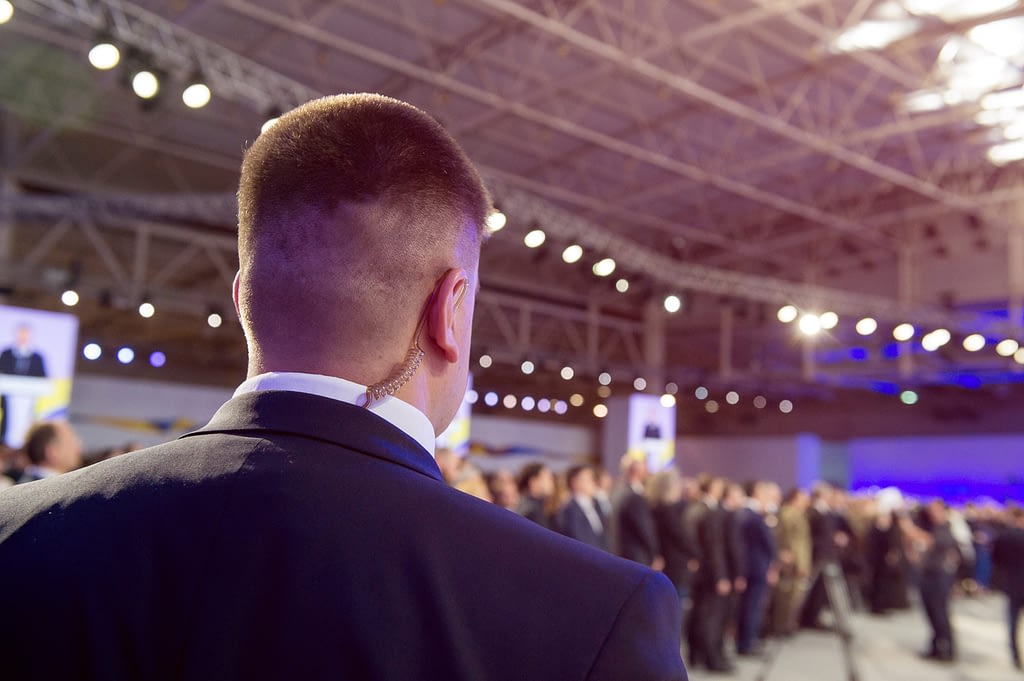
Trusted Global Private Security Services
Serving US: Seattle, Bellevue, San Francisco, San Jose, Sunnyvale, Cupertino, Fremont, Milpitas, San Mateo, Palo Alto, Sacramento, Los Angeles, Orange County, San Diego, Las Vegas, Reno, Portland, Vancouver WA, Honolulu, Denver, Salt Lake City, Dallas, Houston, San Antonio, Austin, Chicago, Columbus, Atlanta, Tampa, Orlando, Miami, Charlotte, Washington DC, New York City, Boston
Serving International: Vancouver Canada, Mexico, Guatemala, Panama, Brazil, Argentina, Chile, Peru, Ireland, United Kingdom, France, Spain, Italy, Switzerland, Germany, Czech Republic, Netherlands, Poland, Hungary, Turkey, Ukraine, Russia, Saudi Arabia, United Arab Emirates, South Africa, Kenya, Nigeria, Algeria, Egypt, India, Bangladesh, China, Thailand, Cambodia, Vietnam, Philippines, Indonesia, Japan, South Korea
